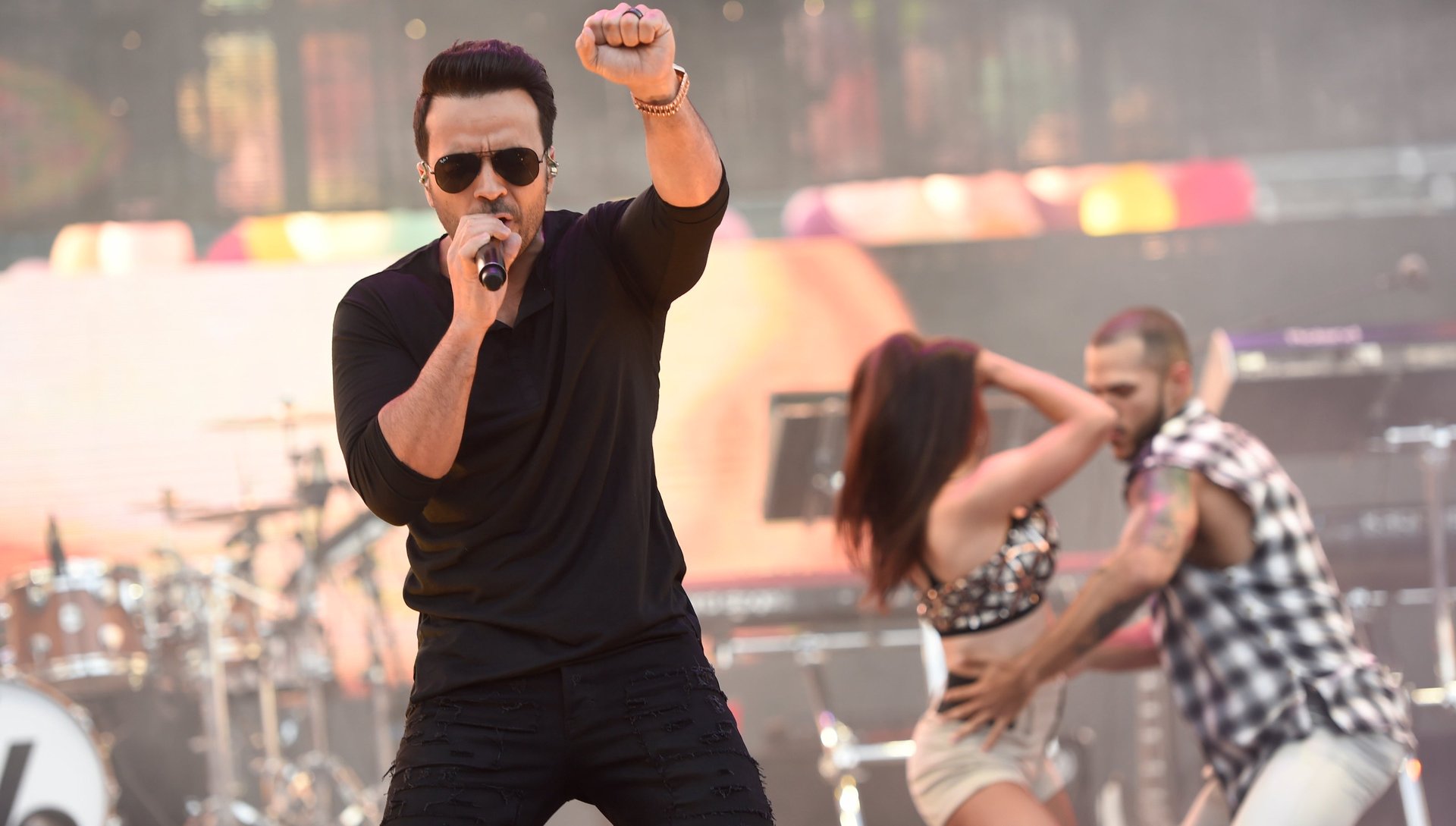The smash hit “Despacito” owes its incredible success to the spread of zumba
Nietzsche once wrote: “Those who were seen dancing were thought to be insane by those who could not hear the music.” He would’ve loved peering into the windows of a zumba class.


Nietzsche once wrote: “Those who were seen dancing were thought to be insane by those who could not hear the music.” He would’ve loved peering into the windows of a zumba class.
The fitness craze—an exercise created by Colombian choreographer Alberto Perez in the 1990s and comprising of a series of aerobic dance moves performed to energetic Latin beats—has been sweeping the world lately, likely due to its accessibility and how much it stands out from the typical strenuous gym class.
Fresh summer hit “Despacito,” a Spanish-language collaboration between Luis Fonsi and Daddy Yankee (and featuring a remix by Justin Bieber) has been lodged firmly atop the charts for weeks, and Daddy Yankee said it owes part of its success to zumba.
“Zumba is a huge platform as well, and it relates to the music we’re making,” he said on June 8 on a panel at Midem, a music-business conference in Cannes, France. “They reach out to millions of people in their platform and that’s another tool we have to promote our music. I’m taking advantage of many platforms.” His comments reflect the broader keenness of modern musicians, in the hectic age of music streaming, to have more control over both their business and their audience.
Daddy Yankee also compared music streaming to selling music on mixtapes back when reggaeton was an underground sound that couldn’t get on even Latin radio. Streaming is “the new street market,” he said, adding:
We were entrepreneurs by obligation. I’ve been investing with my tracks and I own my masters. When anybody negotiates with Daddy Yankee, it’s straight with me. I’m my own jefe.
Now if only Justin Bieber could remember the words.